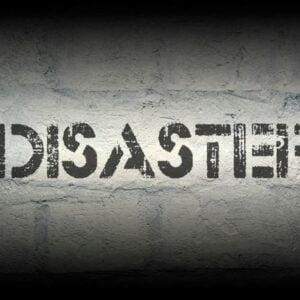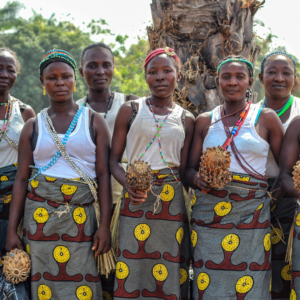Climate and environmental challenges are increasingly severe and frequent, profoundly affecting communities worldwide. While disasters impact everyone, marginalized groups—particularly women and girls—are often the first to suffer and the last to recover. Social roles, discrimination, and economic inequalities intensify the risks women face during crises and hinder communities’ ability to rebuild. Integrating gender equality into Disaster Risk Reduction (DRR) is therefore not only a matter of fairness but also essential for creating more resilient societies.
UNDP is working with partners to advance equality and inclusion at every stage of disaster risk reduction, from preparedness to response and recovery. Evidence shows that women’s leadership and meaningful participation significantly enhance communities’ capacity to withstand and recover from shocks. By empowering women to shape policies and decisions, UNDP leverages their expertise and innovation, unlocking solutions that strengthen food security, sustain livelihoods, and drive broad community resilience.
In Bosnia and Herzegovina, the Feminist Coalition for Climate Justice has improved working conditions for over 75,000 women, trained 1,500 women officials in energy and climate management, and created new opportunities for women-led enterprises. In Chad, women’s cooperatives supported by the Global Women, Peace and Security initiative have combined climate-smart agriculture, solar irrigation, and early warning systems to reduce flood risks and aid recovery, demonstrating how women-led approaches strengthen disaster preparedness, livelihoods, and peacebuilding, even in fragile contexts.
Resilience also depends on care, which is predominantly shouldered by women, including unpaid caregiving for children, older adults, and people with disabilities. Crises amplify these responsibilities as disasters disrupt essential services, education, and health systems. Recognizing and prioritizing care in disaster management—through early warning systems, safe spaces, and continuity of essential services—protects lives and accelerates recovery. UNDP has supported countries like Honduras, Cuba, Belize, Guatemala, and Ukraine to integrate care into disaster strategies, using tools like geo-referenced care mapping to identify gaps and ensure care continuity during emergencies.
Effective planning and response require gender-disaggregated data. Without data broken down by sex, age, and disability, DRR policies risk overlooking the unique needs and strengths of different groups. Last year, UNDP enhanced gender data collection and analysis in 20 crisis-affected countries, helping strengthen women’s engagement and leadership in early warning systems and disaster response. Examples include Ethiopia, where DRR measures aided women-headed households after landslides, and Armenia, where women-led inclusive risk assessments informed local recovery plans.
Resilient communities also rely on resilient institutions. Embedding gender considerations into policies, planning, and programming ensures that good intentions translate into real progress. Guatemala’s national disaster risk management authority earned UNDP’s Gender Equality Seal for Public Institutions, demonstrating the integration of gender mandates, data, and participation—including for Indigenous women—into local risk management practices. Strong institutions are better equipped to meet diverse community needs and foster long-term resilience.
Despite progress, significant gaps remain, and gender equality is still often overlooked in disaster, climate, humanitarian, and development efforts. Making women’s leadership, care, and inclusion central to every DRR plan and policy is critical. Ensuring that women lead in decision-making and financing, directing resources to women’s resilience, integrating care into preparedness and continuity plans, and strengthening institutional gender capacities will help communities everywhere better face hazards and recover more effectively.





